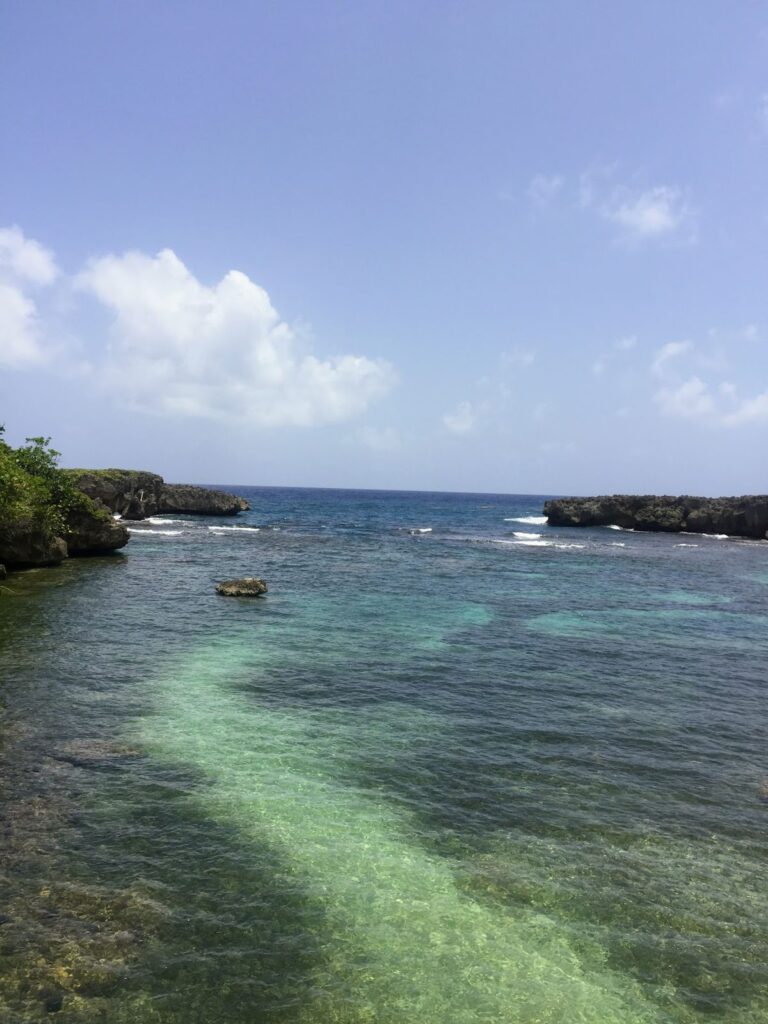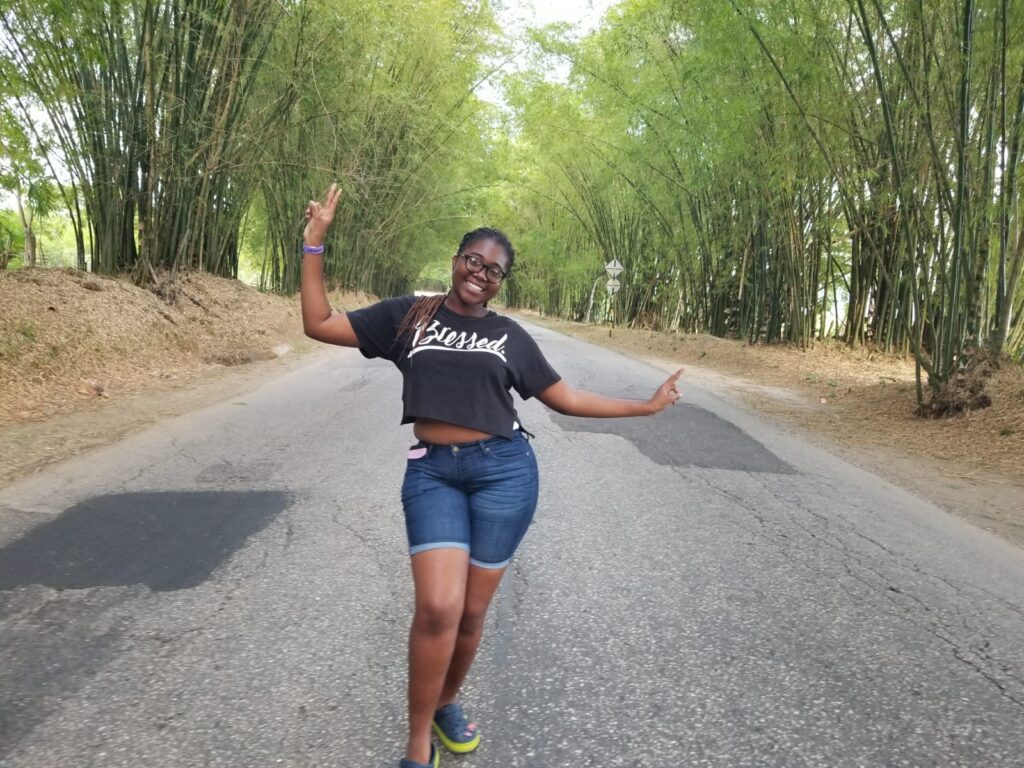
The Importance of Caribbean Women in the Global Environmental Justice Movement
By Judene Josephs
Judene Josephs is a Jamaican national and junior student at Howard University studying economics with a double minor in political science and mathematics. She is passionate about international development and environmental economics. Judene aspires to highlight the environmental disparities small island nations experience and work to support them through economic and sustainable development. During her Green 2.0 fellowship, she brought an intersectional perspective to her work and fused her interests of economics and the environment together, learning from their connection.
The Caribbean is highly vulnerable to the effects of climate change, but often excluded from global conversations and solution efforts. As a region, we have experienced longer drought periods, heatwaves with higher intensity, and rising sea levels, among many other issues which have immensely impacted our livelihood.
In Jamaica, climate change has greatly impacted our agricultural sector, one of the major contributors to our economy, resulting in increased food insecurity across the nation. Shorter wet seasons have led to water scarcity and increased levels of water pollution from industries such as bauxite mining. Moreover, increased levels of deforestation on the island have magnified the impacts of natural disasters resulting in loss and damage across the nation. As climate change intensifies, we struggle more.
While observing environmental changes on the island, I worry for our women in particular. In developing countries like mine, women residing in rural areas are highly dependent on natural resources for their livelihood, making them especially vulnerable to environmental shifts.
As the main caretakers for a household, they are usually responsible for maintaining food and water access, an action that is oftentimes taken for granted. I worry for my mother especially, as the only caretaker of a household in a rural area and an employee in the bauxite industry for many years.
Women are the leaders in the environmental justice and action movement, especially within the Caribbean. Although we fulfill this role with expertise and bring a great understanding of adaptation and mitigation within environmental work, we are consistently ignored.
For me, this has emphasized the importance of intersectionality within the environmental movement, in addition to diverse representation as we address environmental justice issues and the impacts of climate change.

Are there any additional consequences for women in the Caribbean as a result of climate change? There are so many unanswered questions that come from our lack of representation.

Being conscious of all the environmental issues within my country has influenced my decision to pursue a career closer to the environmental sphere and advocate for the protection of my home. It has also inspired me to continue my work in a white and male dominated field as economics.
The Caribbean needs more representation. Our voices need to be amplified and our issues addressed. As such, I encourage my fellow Caribbean women to take up space and to not be afraid to express your stories, issues, and concerns. With our work and support for one another, I am hopeful that one day we will be okay, that one day our voices will be heard.

For more information on Judene Josephs, follow her on LinkedIn @judenejosephs.
